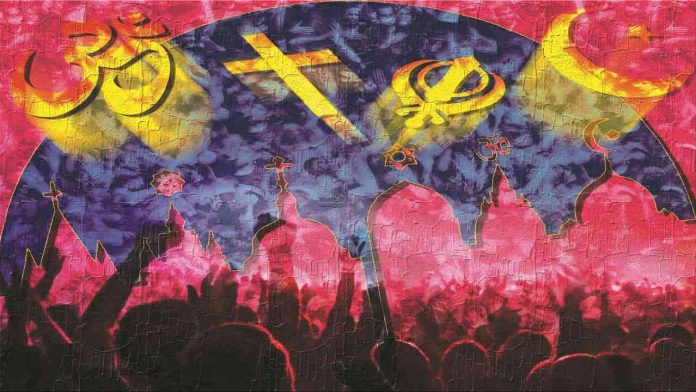The Senior Advocate and Rajya Sabha Member of Parliament (MP),P Wilson has questioned the 22nd Law Commission of India, on its decision to reopen public consultation on the issue of the Uniform Civil Code (UCC).
The Senior Advocate in a letter dated July 3, claimed if the Uniform Civil Code is implemented, it would destroy the diversity of the nation.
The MP further added that the UCC was a risk to India’s secularism. as it could wipe away the unique traditions and cultures of minorities.
The Senior lawyer questioned as to why the issue, which had been studied in depth already, was being re-opened now.
He added that further consultations on this topic appeared strange and that the Commission was perhaps attempting to dilute the findings of the 2018 Consultation Paper published by the 21st Law Commission of India, which had been against the introduction of a UCC.
“In his letter, the MP mentioned that if one set of personal laws are applied to all religions, sub-sects and denominations, it would destroy their uniqueness and diversity.
Wilson also questioned the 22nd Law Commission of India to furnish details pertaining to the consultation, including the expenditure incurred, in calling for the consultations and meetings, publishing the questionnaire, etc. on the topic of UCC.
He has also asked for list of participants, respondents, and consultants who have participated in such consultation and the steps taken on the recommendations and suggestions highlighted in the paper released by the 21st Law Commission of India.
Wilson added that even within Hindus, certain groups, such as tribal groups, do not support the implementation of the UCC.
The letter also states that such matters as marriage, divorce, inheritance, and property rights fall under the Concurrent List of the Constitution, which allows both the central and state governments to legislate on these subjects.
However, Article 44 stipulates that a Uniform Civil Code will be applicable to ‘citizens throughout the territory of India’, suggesting that States may not have the power to amend it


